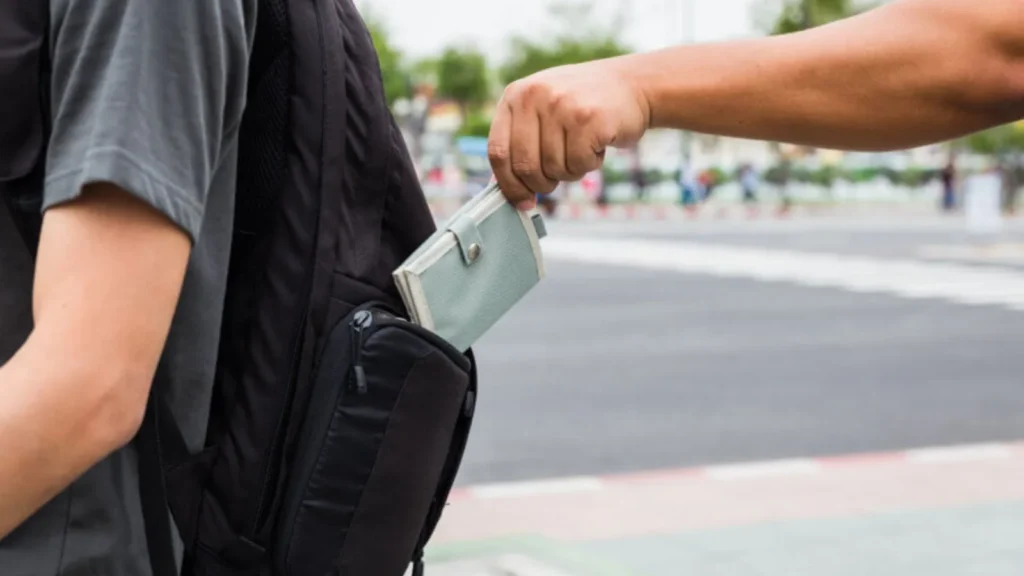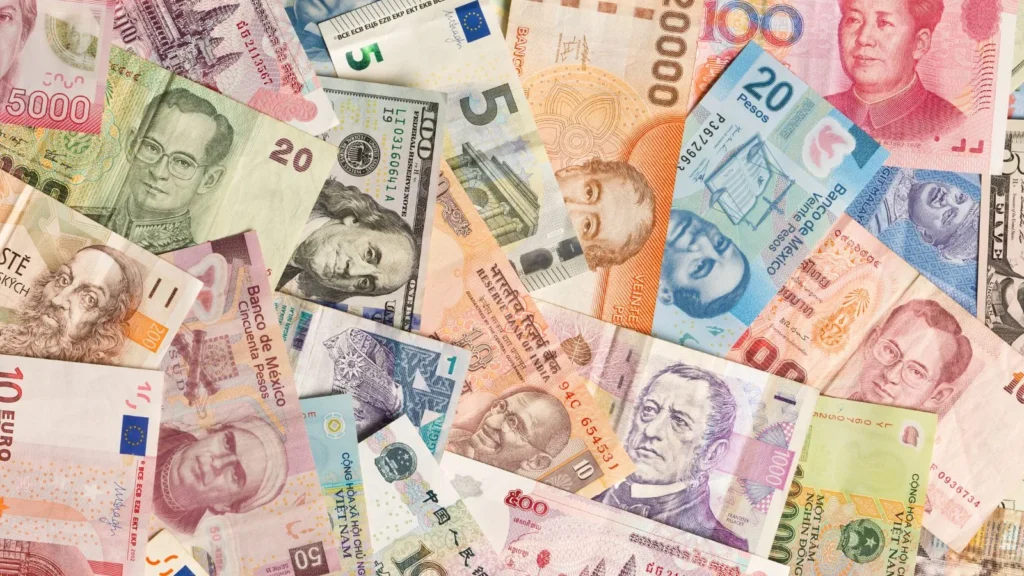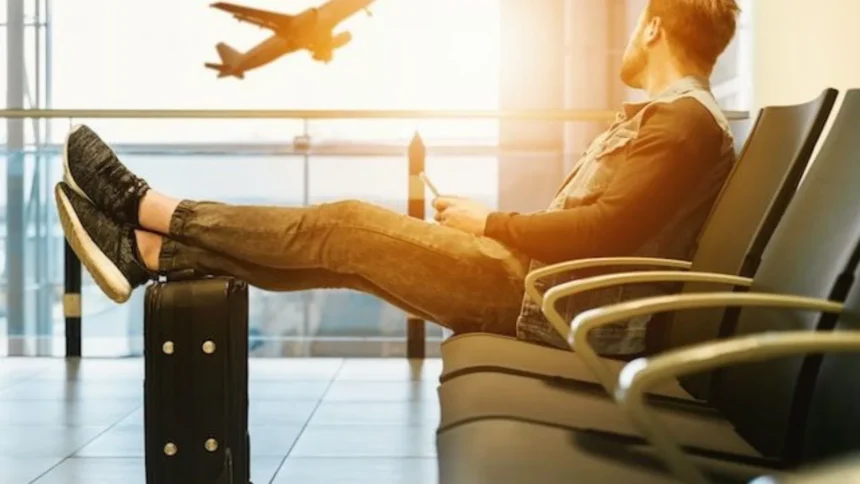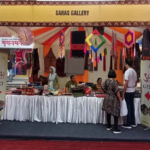When we travel, we step into unfamiliar territory, which is exactly why scammers find it easy to target tourists. They prey on those who are unfamiliar with the local customs, prices, and routes. Scamming tourists is an easy way for them to make quick money. Being aware of common travel scams and staying alert can save you from falling into their traps. Below are 10 travel scams you should watch out for and tips on how to avoid them.
1. Overcharging for Taxis

One of the most common scams, especially in tourist-heavy areas, is taxi drivers overcharging you for short trips. They assume you don’t know the local fare rates, so they quote inflated prices. Additionally, some may take longer routes to increase the meter fare.
How to Avoid It: Use ride-hailing apps like Uber or Lyft, where the price is transparent and the route is tracked. If you must take a local taxi, ask your hotel about the expected fare and distance beforehand. You can also negotiate the fare with the driver before the ride starts.
2. The “free” bracelet or souvenir
In many parts of Europe and Asia, you’ll encounter strangers offering you “free” bracelets or souvenirs, only to demand money once the item is in your hands. This scam plays on guilt or obligation, making it awkward for you to refuse payment.
How to Avoid It: Politely but firmly decline any unsolicited offers from strangers, especially if they try to place something in your hands.
3. Fake Monks

Fake monks are commonly seen in tourist spots, especially in Asia. They will engage you in friendly conversation, sometimes offering small blessings, and then ask for donations or try to sell you books and trinkets.
How to Avoid It: Genuine monks typically don’t engage with tourists in this manner. Avoid anyone who approaches you with such offers, and be cautious of those wearing robes asking for money.
4. The “Lost Wallet” Scam
This scam is carried out by someone who appears well dressed and claims to have lost their wallet, phone, or even their passport. They will ask for help and might request money or to use your phone. Once they have your money or phone, they vanish.
How to Avoid It: Avoid giving money or lending your phone to strangers. If someone genuinely needs help, direct them to the nearest police station or tourist assistance center.
5. Pickpocketing

Pickpocketing is one of the most common scams worldwide. Crowded tourist spots, public transport, and markets are hotspots for pickpockets. They are highly skilled and can take valuables from your pockets or bags without you noticing.
How to Avoid It: Keep your valuables in a secure, zipped bag worn in front of your body. Avoid keeping anything important in your pockets.
6. Fake Travel Agents
You may receive calls or emails from fake travel agents offering irresistible deals for trips, flights, or accommodation. These offers seem too good to be true because they are! Once you pay, the agent disappears with your money, leaving you stranded without a booking.
How to Avoid It: Always book your trips through verified travel agencies or online platforms. Check reviews and verify the legitimacy of the company before making any payments.
7. Currency Exchange Scams

When traveling, you may need to exchange your money into the local currency. Scammers can take advantage of this by giving you counterfeit bills or using a misleading exchange rate.
How to Avoid It: Always use official exchange services at banks or reputable exchange offices. Avoid street vendors or unofficial exchange services.
8. Flirtatious locals and expensive bills
This scam typically happens in bars or restaurants. A local, often attractive, will approach you, flirt, and then suggest grabbing drinks. After a fun night, they disappear, leaving you with a massive bill to pay.
How to Avoid It: Be cautious of overly friendly strangers who approach you in social settings. Stick to venues recommended by trusted sources, and always check the bill before paying.
9. “Attraction Closed for Lunch” Trick

Some scammers will tell you that a popular tourist attraction is closed for lunch or for the day and offer to take you to another place, for a fee, of course. They may even charge you an inflated price for guiding you to a different, less significant location.
How to Avoid It: Before heading to any tourist attraction, check the opening hours online or ask at your hotel. Pre-book tickets where possible.
10. The fake drug deal trap
This dangerous scam involves someone offering to sell you illegal substances, often in sketchy areas. Once the money is exchanged, undercover police officers (who are part of the scam) will appear and threaten to arrest you unless you pay a hefty bribe.
How to Avoid It: Never buy or engage with anyone offering drugs or other illegal activities, especially in foreign countries. Stay clear of questionable areas or people.
General Tips to Avoid Travel Scams:
- Research Before You Go: A little research goes a long way. Read up on common scams in the destination you’re visiting so that you’re prepared to spot red flags.
- Trust Your Instincts: If something feels off, it probably is. Scammers often rely on confusion or pressure, so trust your gut and don’t hesitate to walk away from a situation if it doesn’t seem right.
- Keep Values Secure: Keep your passport, wallet, and other valuables in secure locations, such as money belts or inside pockets. Avoid flashing expensive items like jewelry or high-end electronics in public places.
- Stay Skeptical: While traveling, always maintain a healthy level of skepticism, especially when dealing with strangers. It’s okay to be friendly, but remain cautious of unsolicited offers, overly helpful locals, or deals that seem too good to be true.
- Carry Emergency Numbers: Always have local emergency numbers, including the police, saved on your phone. In case of any issues, you’ll know who to call immediately.
Conclusion
Scammers are always on the lookout for naive tourists. Staying cautious and maintaining a healthy level of suspicion will help protect you from common travel scams. Do your research, trust your instincts, and remember—if something sounds too good to be true, it probably is! Being alert can turn your trip into a smooth and enjoyable experience.







